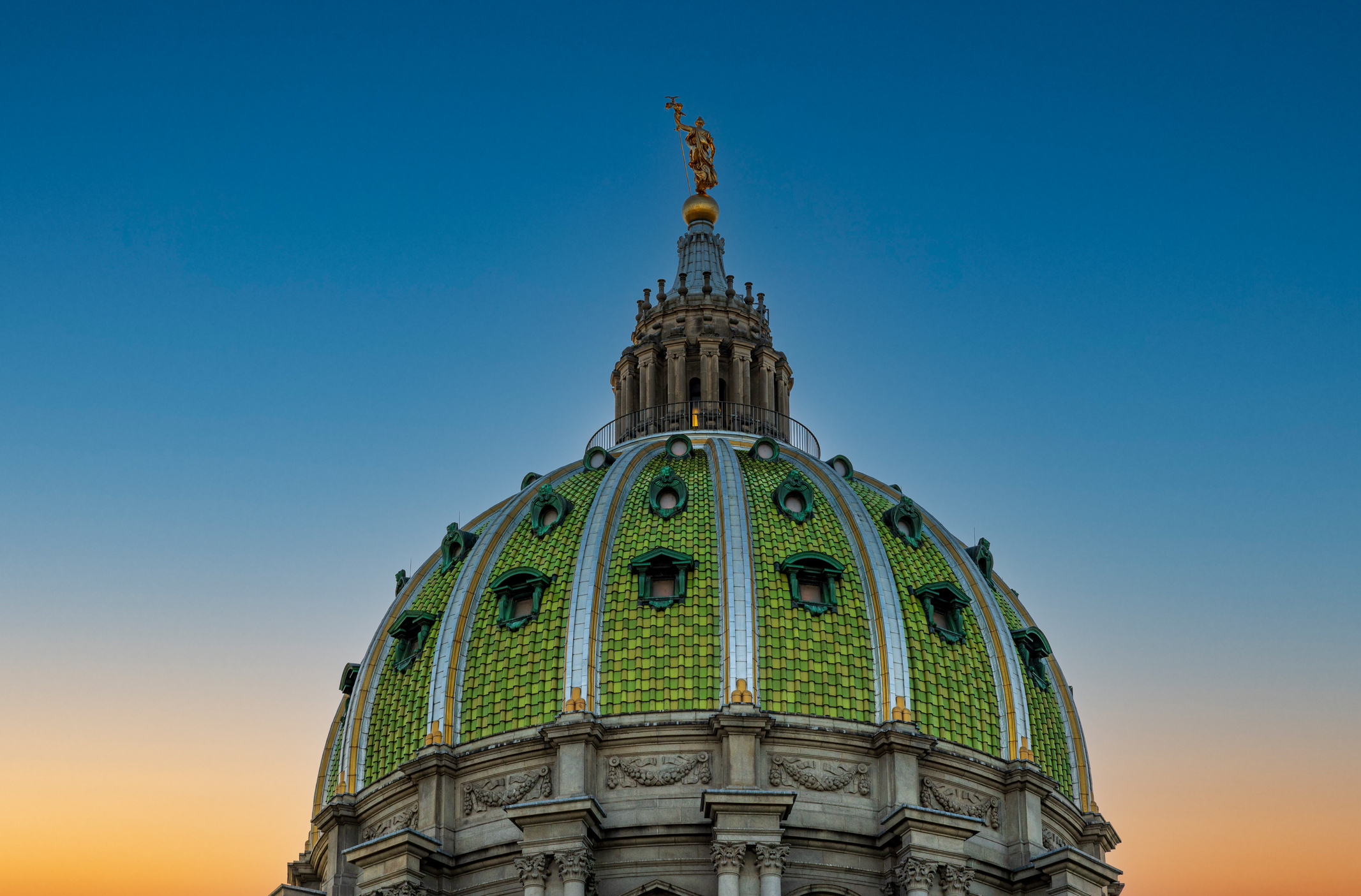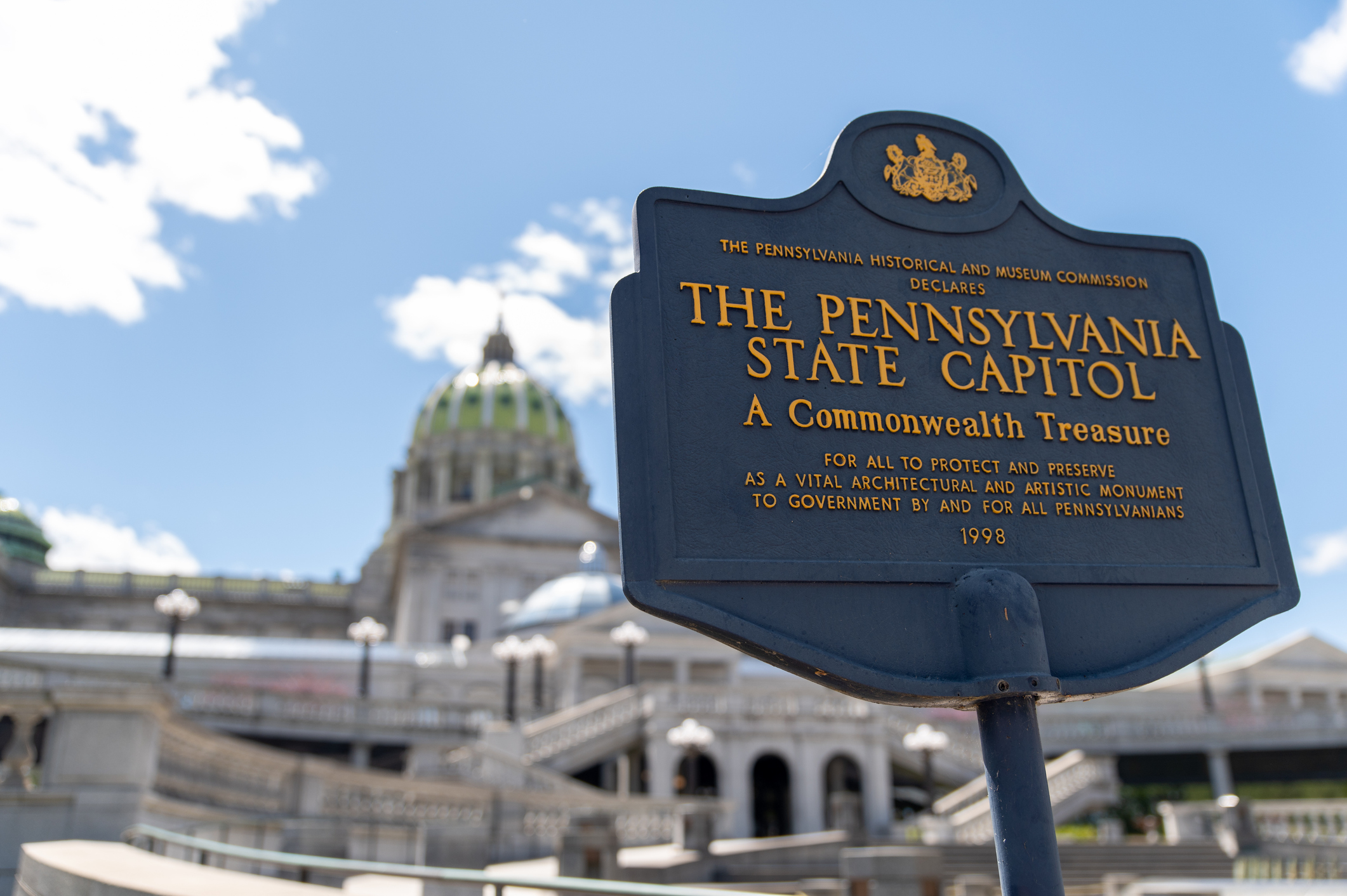
On August 7, 2022, the U.S. Senate passed a landmark tax, climate, and healthcare bill, setting up the legislation for House approval and President Joe Biden’s signature. After over a year of negotiations, Senate Democrats agreed to a narrow bill to invest in energy initiatives, curb drug prices and reduce the deficit, paid for by new corporate taxes. Here are some of the most notable opportunities in the deal:
Energy
Loans
The bill would provide $5 billion to the Department of Energy (DOE) for energy infrastructure project loans or refinancing guarantees. The measure would also provide DOE with $2 billion to pay the costs of direct loans to nonfederal borrowers to construct or modify electric transmission facilities. The measure would allow DOE to make $40 billion in loan guarantees for projects to reduce, avoid or sequester greenhouse gas (GHG) emissions and air pollutants through fiscal 2026 and provide $3.6 billion for the costs of making guarantees.
Manufacturing
The measure would provide $5.8 billion for DOE to financially assist energy-intensive industrial facilities to purchase, install, retrofit, or upgrade advanced industrial technology.
Vehicle Manufacturing
The bill would provide $3 billion for DOE to provide direct loans for an advanced vehicle manufacturing incentive program to support U.S. facilities. Another $2 billion would be provided for electric vehicle (EV) domestic production.
Environment
Greenhouse Gas Reduction
The bill would provide $12 billion for the Environmental Protection Agency (EPA) to provide financial and technical assistance on projects to reduce GHG emissions. It would provide $7 billion for EPA to make grants to enable low-income and disadvantaged communities to adopt and benefit from zero-emission technologies. The bill would also provide $250 million for grants to public entities to establish plans to reduce GHG pollution. A further $4.75 billion would be provided to award grants to implement those plans.
Justice Grants
The package would provide an additional $2.8 billion to EPA for environmental and climate justice grants to reduce GHG emissions and mitigate climate and health risks.
Ports
The bill would provide $2.25 billion for grants and rebates to install zero-emission port equipment or technology. An additional $750 million would be spent in areas that do not meet national ambient air quality standards.
Transportation
Construction Materials
The bill would provide $2 billion for the Federal Highway Administration (FHA) to reimburse or provide incentives to use materials produced with lower-carbon emissions. The measure would authorize the Federal Emergency Management Agency (FEMA) to provide financial assistance for low-carbon building materials and encourage low-carbon and net-zero energy projects.
Transportation Infrastructure
The measure would provide $1.89 billion for the FHA to provide grants to increase neighborhood access and transportation equity or reduce the adverse effects of infrastructure projects in disadvantaged or underserved communities. The package would provide a further $1.26 billion to economically disadvantaged or underserved communities.
Heavy Vehicles
The measure would provide $600 million to establish a clean heavy-duty vehicle program providing grants and rebates to replace certain heavy-duty vehicles with zero-emission vehicles. The package would grant another $400 million specifically for projects in communities that do not meet national ambient air quality standards.
Alternative Aviation Fuel
The measure would provide $297 million for the Department of Transportation (DOT) to support sustainable aviation fuel (SAF) and low-emission aviation technology projects.
Diesel
The bill would provide $60 million to identify and reduce diesel emissions resulting from the transportation of goods and to address health effects on low-income and disadvantaged communities.
Housing
The measure would provide $1 billion to the Department of Housing and Urban Development (HUD). Of those funds, $837.5 million would be for affordable housing owners and sponsors to implement or promote:
- Energy or water efficiency;
- Indoor air quality or sustainability;
- Zero-emission electricity generation or low-emission building materials or processes;
- Energy storage;
- Building electrification; and
- Climate resilience.
HUD could support as much as $4 billion in loans and structure the loans to be converted to grants.
Latest News
Photo credit: iStock.com/Niiaz Sabirov In 2025, several U.S. states have introduced legislation to prohibit geoengineering, defined as intentional large-scale interventions in Earth’s atmosphere or climate systems, such as cloud seeding or solar radiation modification. These [...]
Photo credit: iStock.com/sommart In 2025, state governments across the U.S. are advancing initiatives to improve administrative efficiency and modernize civil service, adopting tailored strategies to better serve residents. Recognizing the importance of adaptability, innovation, and [...]
Photo credit: iStock.com/BackyardProduction Governor Josh Shapiro delivered his 2025-26 budget address, outlining economic initiatives, public safety measures, infrastructure improvements, and education funding. His speech emphasized continued investment in key sectors to strengthen Pennsylvania’s [...]
Photo credit: iStock.com/Hamburg Studios As Pennsylvania continues to navigate an evolving energy landscape, state leaders are proposing new approaches to ensure reliability, affordability, and sustainability. Governor Josh Shapiro recently announced his “Lightning Plan”, a six-part [...]






Stay In Touch